Eating Healthy is Staying Healthy, Compatible and Incompatible Food in Ayurveda
March 24th, 2007 | admin
The directions of Ayurveda acharyas on food habits appear to be too tough to follow in present conditions.
Appetite, according to Ayurvedic principles is the mechanism of body to tell the brain that the body needs food. Eating food at the right time will automatically create appetite or hunger at the right times – this is the basis. Man needs to take food only two times a day – in the morning and in the evening. The body requires food only after the taken food is digested.
One will not feel appetite when his mind is disturbed – sadness, anger, fear, etc are negative emotions. Food taking with a disturbed mind doesn’t get absorbed by the body. Eating food should be in a pleasant environment, possibly in the presence of family or friends.
Eating the food should be a slow process. Completely chew the food before swallowing. This is needed for good digestion of food. Another thing is not to take cold water with food. A little walk a few minutes after taking food can help in better digestion of the taken food. DonÂ’t exert body immediately after taking food. Another thing is to avoid eating for time pass.
Any food that can affect the balance of any of the three doshas of tridosha can be termed a virudhaharam (virudha aharam, virutha aharam, viruthaaharam) or incompatible food. Certain food items when combined together can create reactions. These reactions can sometimes be harmful to health. Food items that cause such reactions are known as incompatible food.
Food and milk, chicken and ghee, etc are examples of incompatible food combination.
This may not be a serious problem to healthy persons pursuing a continued exercise regimen. However, pregnant women, weak persons, elderly persons and children can be affected by such incompatible combinations. It is necessary to check the nature of food and food combination one takes.
There are also chances for food poisoning. The general symptoms of food poisoning are described in different Ayurvedic texts. Infected meat has blue lines, milk has dark red lines, alcoholic drinks have black and white lines, etc provide quick diagnostic measures of food poisoning.
Excess intake of alcohol can cause serious damages to liver. Too much of sweets and fatty food can affect teeth and can upset stomach. They also affect the health of bones and can cause beauty problems like pimples. Its effect on diabetes is well known to everyone.
The preservatives added to food are also chemicals that can act as poison. Modern researches hint that accumulation of chemicals from such preservatives and additives can even stunt the mental growth of children.
People at the time of origin of Ayurveda, the science of life didn’t have to worry much about baked or fried food items. Modern man eats a lot of bakery products like cake, pastries, drink artificial drinks like colas – all these can cause different problems to digestive system, blood, and bones.




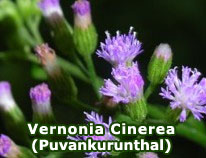
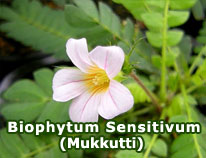
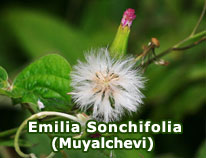
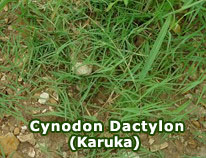

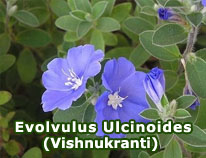
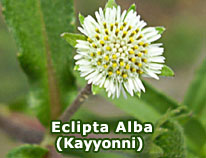
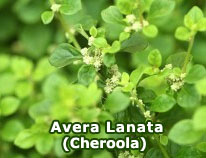
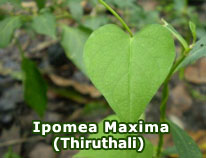
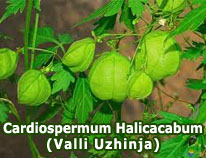
 Loading ...
Loading ...





